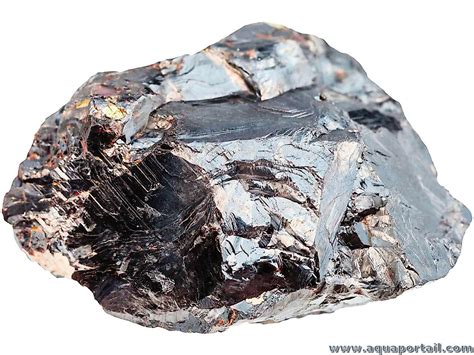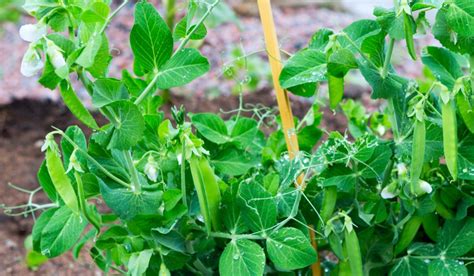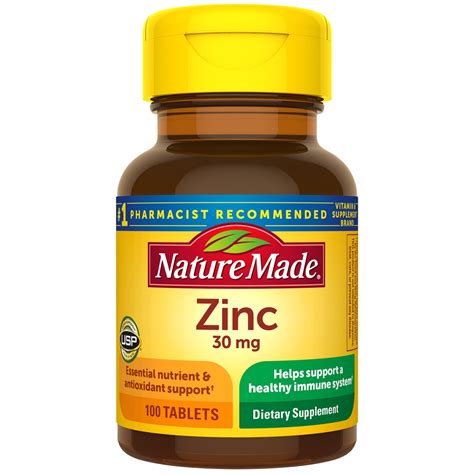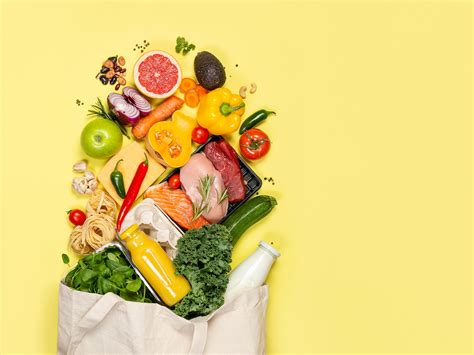What are the primary dietary sources of zinc that are particularly beneficial for men’s reproductive health?

The Pivotal Role of Zinc in Men’s Reproductive Health
Zinc, an indispensable trace mineral, plays a critical role in numerous bodily functions, with a particular significance for men’s reproductive health. It is involved in cell division, immune function, and protein synthesis, but its contributions to male fertility are especially noteworthy. Adequate zinc intake is crucial for maintaining healthy testosterone levels, ensuring optimal sperm production, and protecting sperm from oxidative damage.
Research consistently highlights zinc’s involvement in spermatogenesis (sperm development), sperm motility, and the structural integrity of sperm. A deficiency can lead to reduced sperm count, decreased sperm quality, and an increased risk of male infertility. Therefore, understanding and incorporating zinc-rich foods into the diet is a proactive step for men aiming to support their reproductive well-being.

Seafood: Unrivaled Sources of Zinc
When discussing dietary zinc, seafood often takes the top spot, particularly certain shellfish.
Oysters: The Zinc King
Oysters are by far the richest natural source of zinc, containing significantly more than any other food. Just a small serving can provide several times the recommended daily allowance. Their high bioavailability also means the body can efficiently absorb and utilize this zinc.
Other Beneficial Seafood
Other shellfish like crab, lobster, and shrimp also offer substantial amounts of zinc. Certain types of fish, such as sardines and salmon, while not as concentrated as oysters, contribute a moderate amount of this vital mineral to the diet.
Meat and Poultry: Essential Animal-Based Zinc
Animal proteins are excellent sources of highly bioavailable zinc, meaning the body can absorb it readily.
Red Meats
Beef, lamb, and pork are significant contributors to dietary zinc. Lean cuts of red meat, consumed in moderation, can help meet daily zinc requirements. For example, a serving of beef can provide a substantial portion of the recommended daily intake.
Poultry
Chicken and turkey, especially dark meat, also contain good levels of zinc. Incorporating these into meals regularly can contribute to overall zinc intake.

Dairy Products and Eggs
Dairy items and eggs provide additional dietary zinc, alongside other important nutrients like calcium and protein.
Milk and Cheese
Milk, yogurt, and cheese, particularly cheddar and mozzarella, offer moderate amounts of zinc. These can be easily incorporated into daily meals and snacks.
Eggs
Eggs, especially the yolk, contain a decent amount of zinc, making them a versatile and nutritious addition to any diet.
Plant-Based Powerhouses of Zinc
For those following vegetarian or vegan diets, or simply looking to diversify their zinc sources, several plant-based foods are excellent choices. While plant-based zinc may be less bioavailable due to the presence of phytates, soaking, sprouting, or fermenting can enhance absorption.
Legumes
Lentils, chickpeas, black beans, and kidney beans are rich in zinc, fiber, and protein. They are versatile and can be added to soups, salads, and stews.
Nuts and Seeds
Pumpkin seeds stand out as a particularly good source of zinc, often recommended for men’s health due to their nutrient profile. Other beneficial nuts and seeds include cashews, almonds, hemp seeds, and sesame seeds.
Whole Grains
Oats, quinoa, brown rice, and whole wheat bread provide zinc along with essential fiber. Choosing whole grains over refined grains can significantly boost mineral intake.
Certain Vegetables
While generally lower in zinc than animal products, some vegetables contribute meaningfully. Mushrooms, spinach, asparagus, and potatoes contain modest amounts of zinc.

Optimizing Zinc Absorption
To maximize zinc intake and absorption, consider these tips:
- Combine with Vitamin C: Foods rich in vitamin C (like citrus fruits, bell peppers) can enhance zinc absorption.
- Prepare Plant Foods Properly: Soaking, sprouting, or fermenting legumes and grains can reduce phytate content, thereby increasing zinc bioavailability.
- Variety is Key: A diverse diet incorporating both animal and plant-based sources ensures a broad spectrum of nutrients and better overall zinc status.
While supplements are available, prioritizing dietary sources is generally recommended for optimal nutrient synergy and absorption. However, if there are concerns about deficiency, consulting a healthcare professional is advisable.

Conclusion
Zinc is unequivocally vital for men’s reproductive health, impacting everything from hormone regulation to sperm quality. A diet rich in diverse zinc sources—from succulent oysters and robust red meats to nutrient-dense legumes and seeds—is fundamental for supporting male fertility. By making informed food choices, men can proactively contribute to their reproductive well-being and overall health.
Remember, a balanced and varied diet is the cornerstone of good health, and zinc-rich foods are an essential component of that foundation for men.









